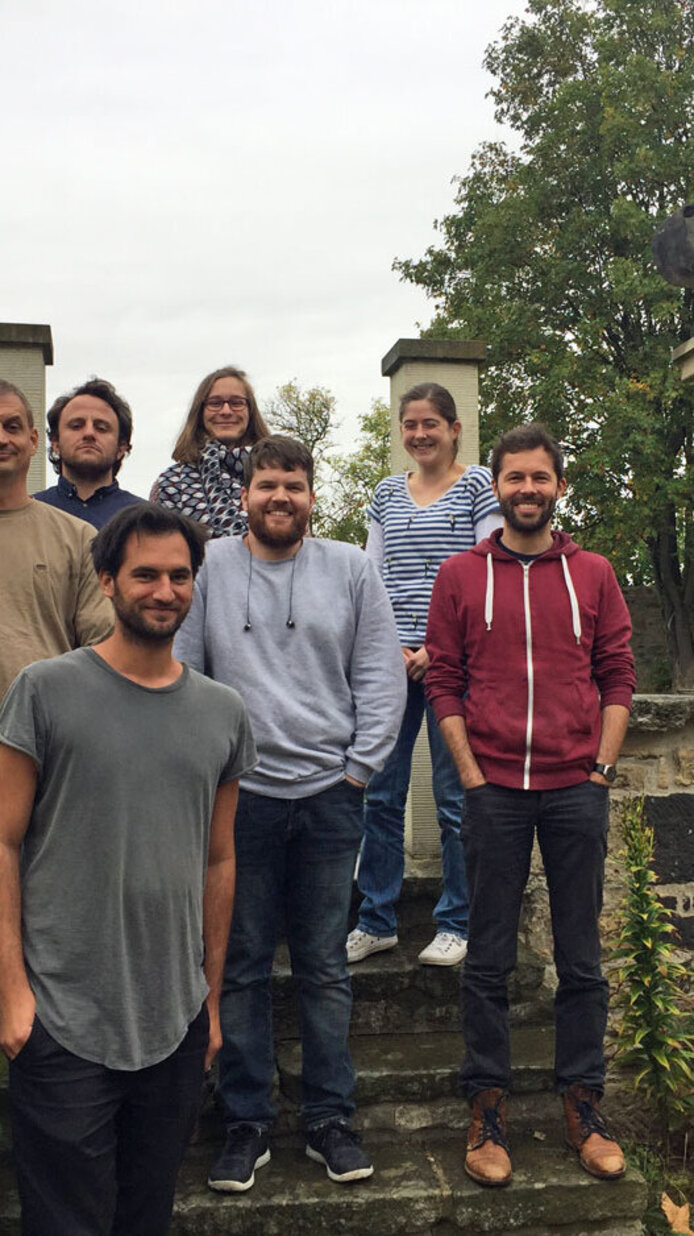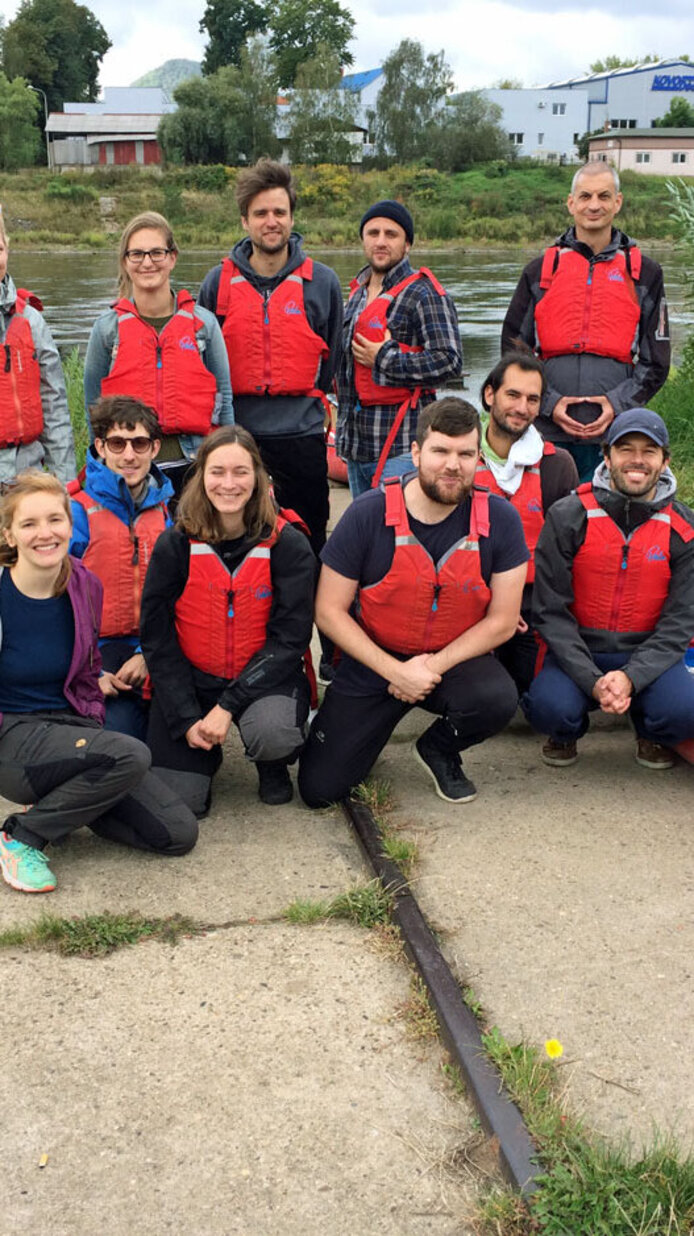From flamboyant to vulnerable – exploring narcissism in Dresden

Narcissism is closely interwoven with the intellectual history of humanity and enjoys great popularity in current social discourse: we are all too happy and quick to label unpleasant individuals as “narcissistic”, by which we usually mean that their behaviour is too self-centred, too show-offish or too inconsiderate. But is this designation actually appropriate? What exactly characterises narcissism from a psychological point of view, at what point should it be considered pathological, and how does it affect our own experience and behaviour as well as our interpersonal contacts?
In the Schrödinger project “Selbstaspekte und interpersonelle Aspekte des Narzissmus”, these are the kinds of question I am trying to pursue during a research stay at the TU Dresden in the working group of the clinical psychologist and neuroscientist Philipp Kanske. Whereas I originally come from the research tradition of personality psychology, my stay in Dresden has given me the opportunity to expand my spectrum of research methodology to include the clinical psychological and neuroscientific methods used here, especially in the area of “social neuroscience”.
New study results
In a comprehensive study, actively supported by a dedicated study team (see photo), we deliberately recruited study participants with experience and behaviour characteristic of narcissistic grandiosity and narcissistic vulnerability. This latter manifestation of narcissism in particular deviates significantly from how we understand narcissism in everyday language and describes individuals with anxious, withdrawn and insecure experience and behaviour. So far, our findings from this study indicate that people with strongly developed narcissistic grandiosity are also more likely to live through states of narcissistic vulnerability, and that this pendulum movement is dependent on everyday events – especially interpersonal events. Such a condition probably constitutes an area of transition to pathological forms.
More information
We are currently focusing on analysing the neuroscience data collected in the study to obtain further insights into potential self-regulatory and interpersonal skills in narcissism. Neuroscience research can help to understand narcissism in more detail, as the affected individuals cannot always provide reliable information about their own inner experience.
Familiar and yet new
While some Schrödinger colleagues pursue their research in faraway countries, my research stay has just taken me to neighbouring Germany. Although Dresden and its surroundings offer a great deal of cultural and scenic beauty, I cannot really report any completely novel cultural experience: at most, I could venture the tongue-in-cheek remark that there may well be some truth in the Freudian observation of the “narcissism of the smallest difference” – the overemphasising of minute differences between very similar groups –and it applies both ways. At any rate, it was and is extremely rewarding for me to garner new approaches, especially within a relatively homogeneous cultural group. This applies to aspects of content and research methodology as well as to the underlying conditions of university research.
I have had and still do have the opportunity here to learn from very renowned researchers, to work with them, to establish new contacts and to derive new perspectives. And beyond all that, I can report with great pleasure that here, virtually from the word go, I have been part of a steadily growing working group (see photos), in which one feels very much at home, both inside and outside the Institute, on land as well as on water. Sometimes good things are to be found just around the corner.











